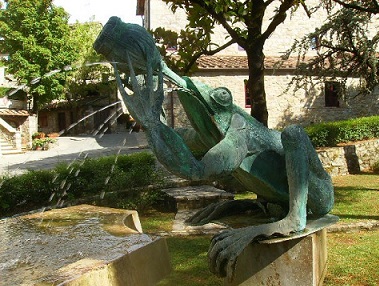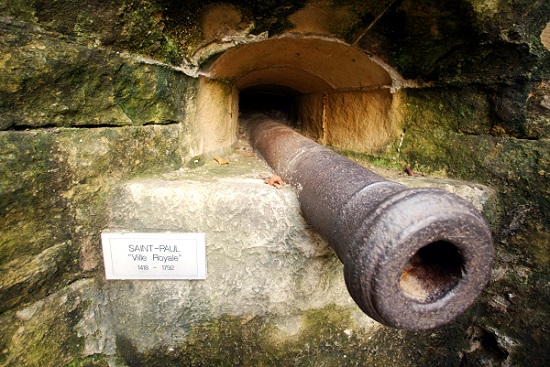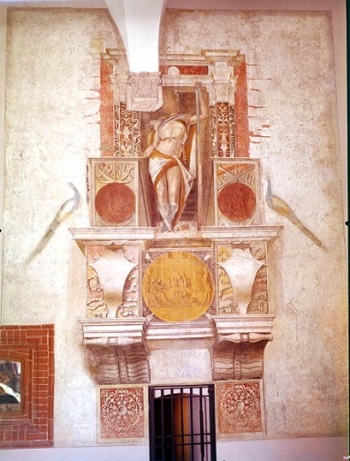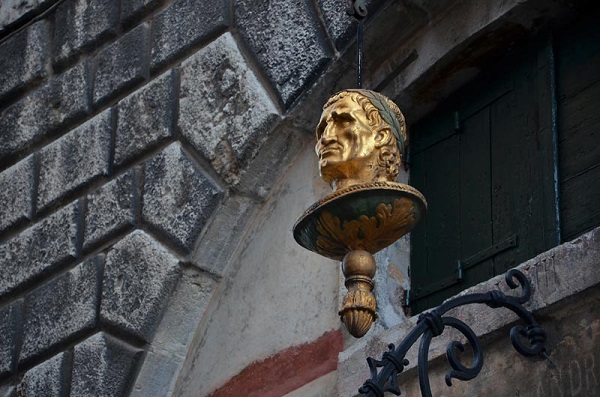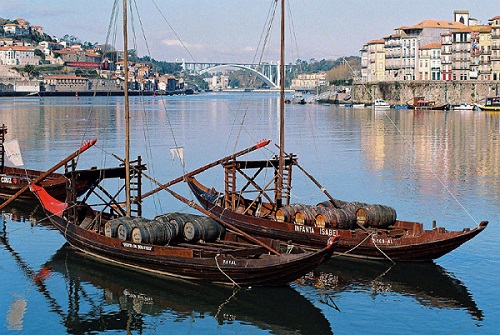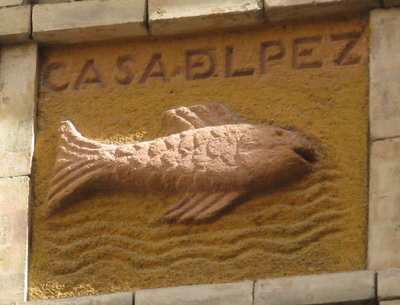
The little fish carved on the building at the corner of Calle del Pez and Calle de Jesús del Valle in Madrid, denotes the origin of the street name, which goes back to the seventeenth century. At the time, the section between Pozas and San Bernardo streets was called calle de la Fuente del Cura (Priest’s Fountain). Indeed, Diego Henríquez, a priest of noble lineage, lived on a beautiful estate at this spot. Henríquez’s property included fiveponds, a fountain and a small pool filled with fish of all colours which he showed to his neighbours and churchgoers every year on the 24th June, the feast day of St John.
When the priest died, Phillip II, who had already moved his court to Madrid, acquired the estate and divided it up to build housing. Juan Coronel bought the section of the estate with the pool and fish, which became the pets of his daughter, Blanca. Unfortunately, after all the restoration and bricklaying work, the fish started dying off one by one. Blanca saved the last one and place it in an aquarium, but despite her painstaking care, the little fish did not survive. To console his daughter, Juan Coronel had a fish carved in stone by the door of the house and, next to it, he hung a sign reading “Case del Pez” (House of the Fish). Years later, Blanca took the veil at the neighbouring San Plácido convent. The convent quickly fell into disgrace: twenty-six of the thirty nuns who lived there were said to have been possessed by the devil!! There is no record of what happened to Blanca.
Over time, the Coronel house was destroyed, but the fish was kept and placed on a new building.
A quaint little story and perhaps something you should see next time you are in Madrid.


